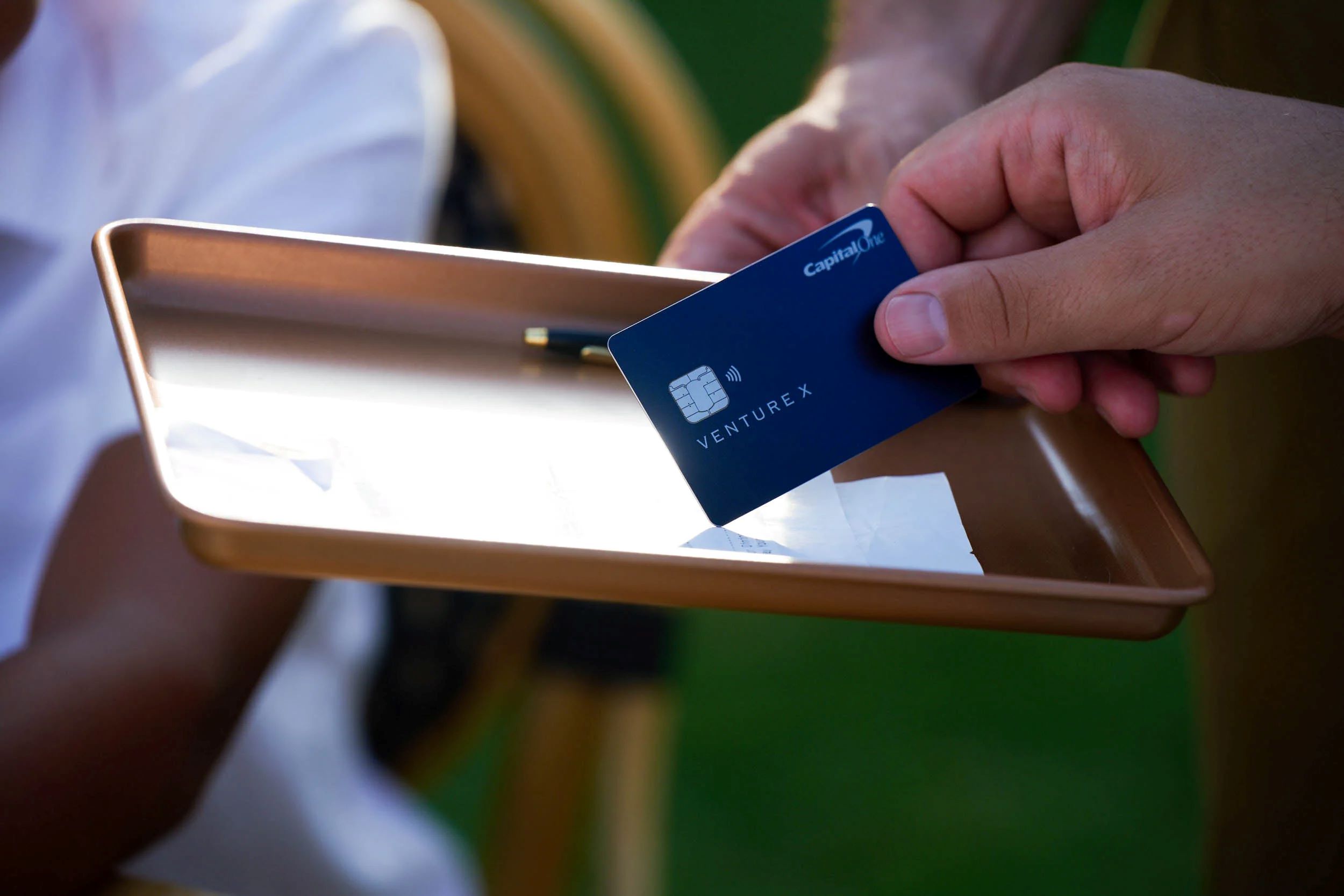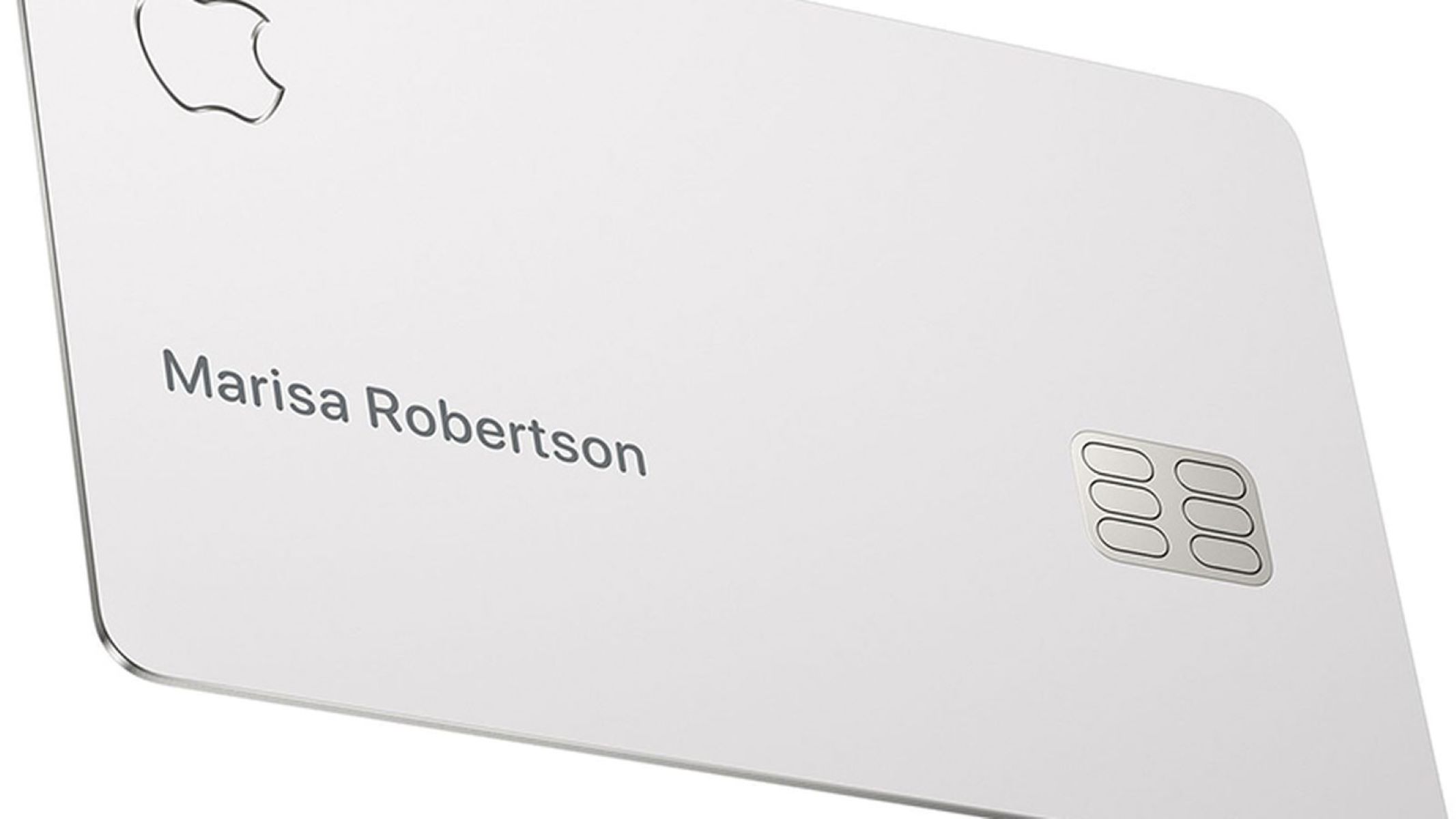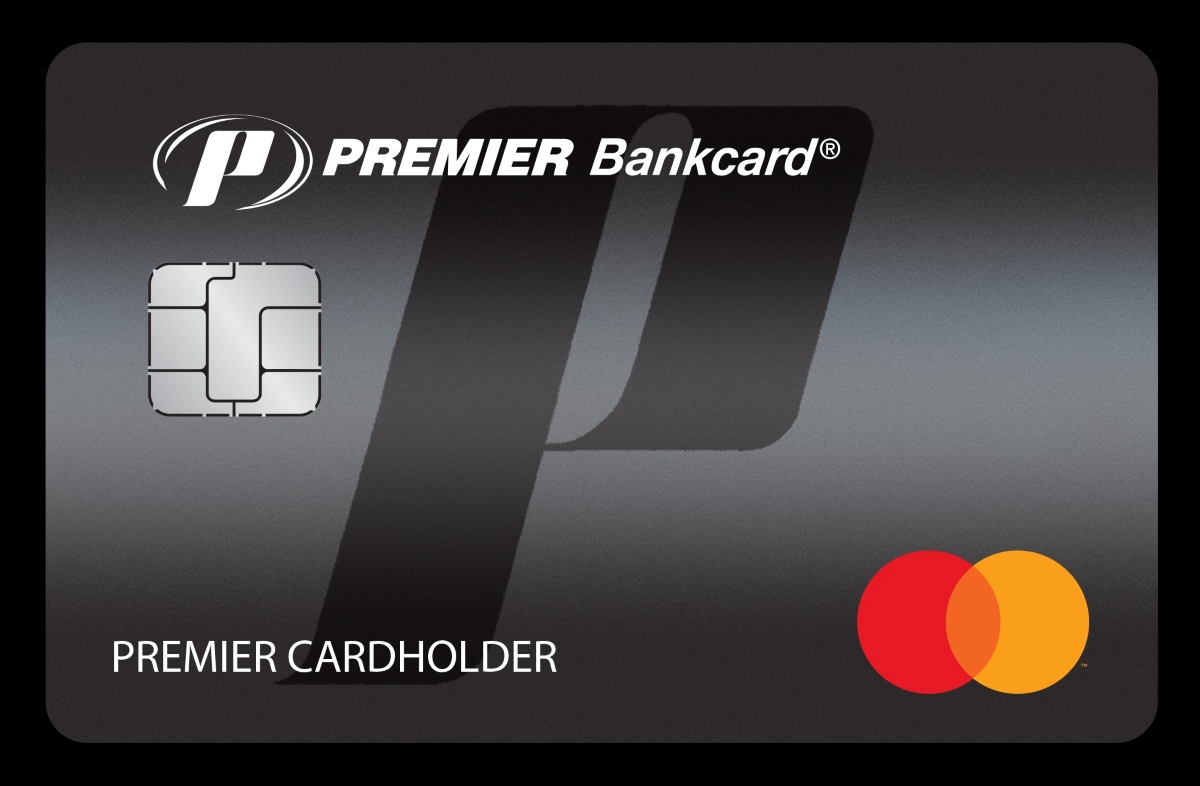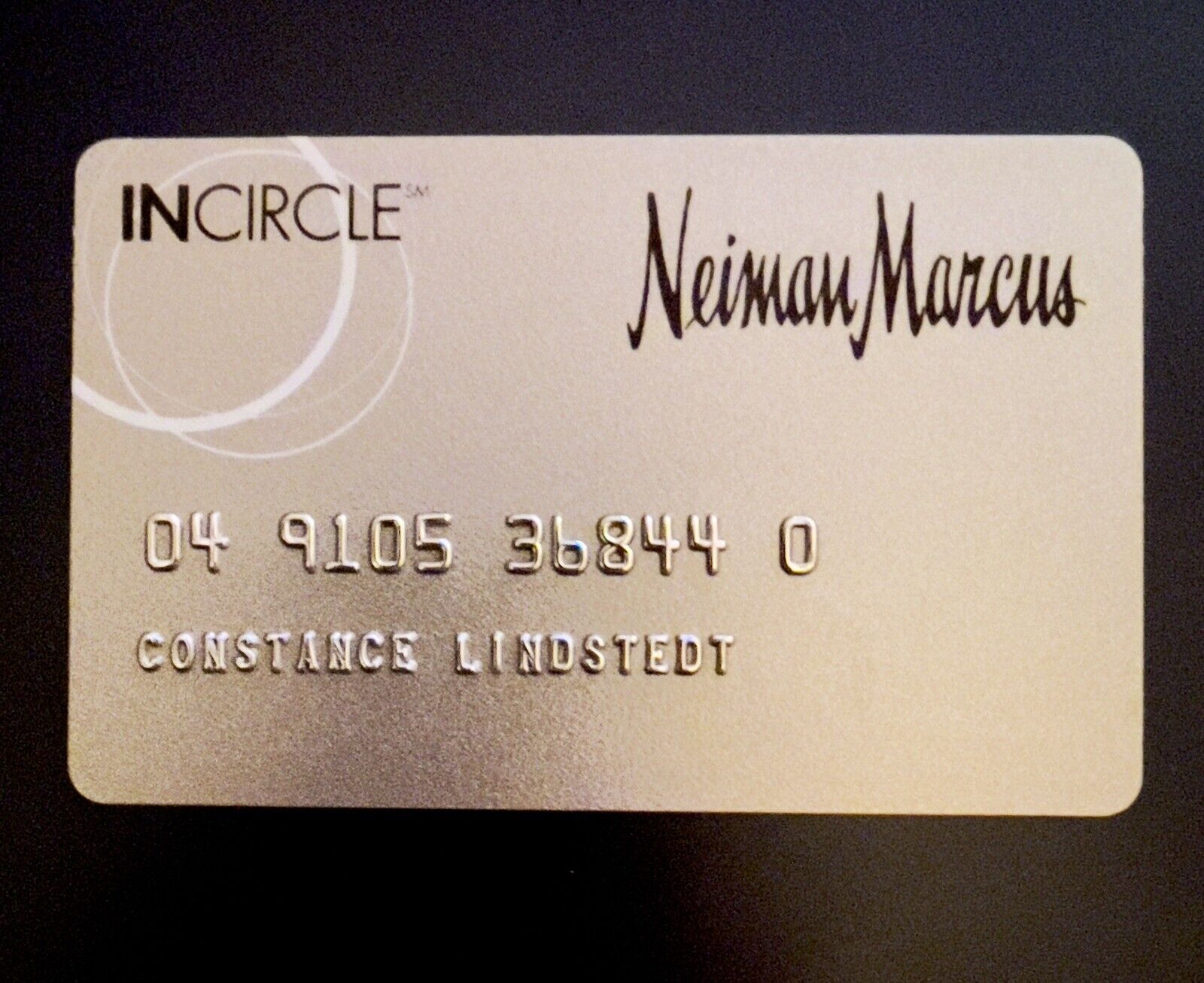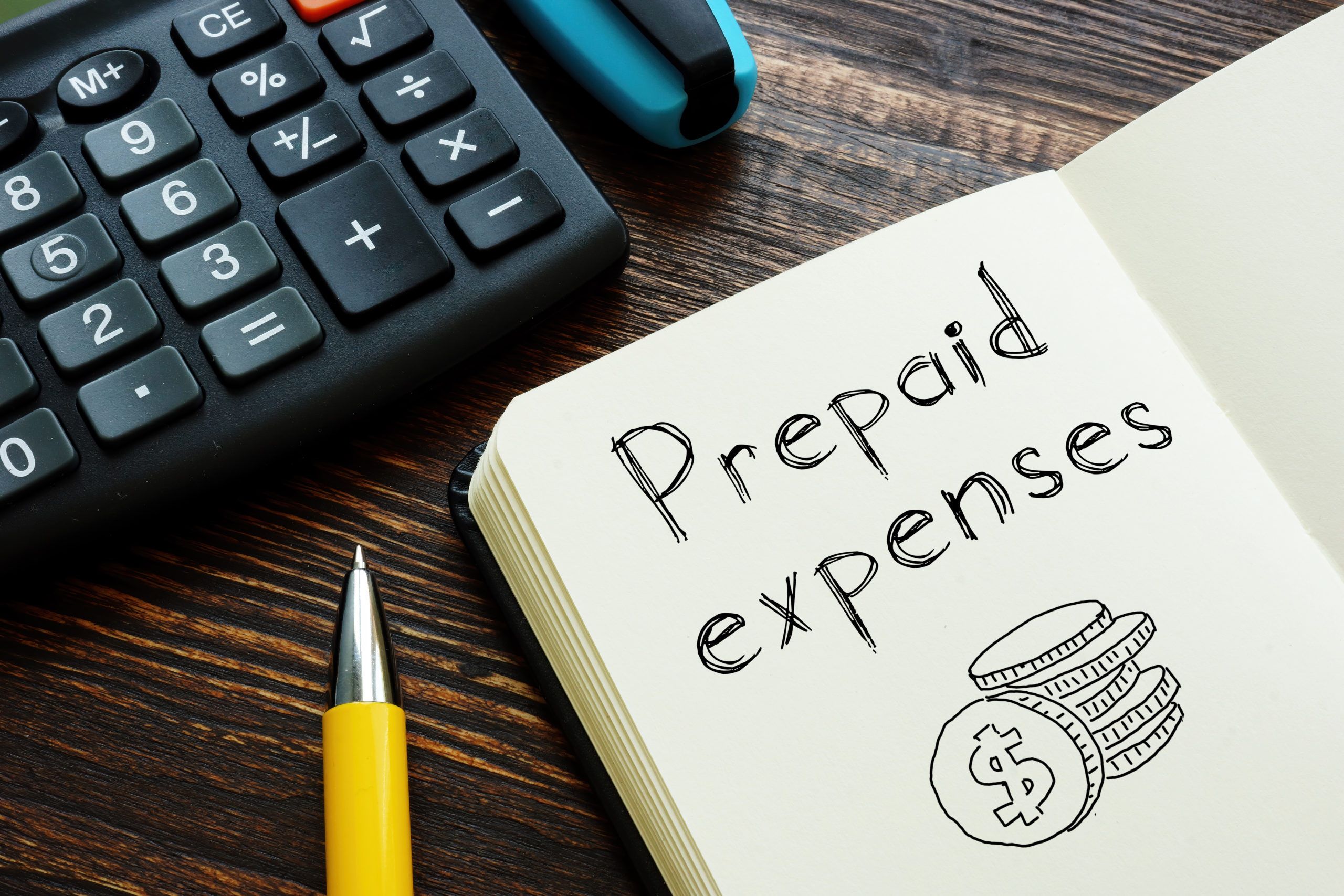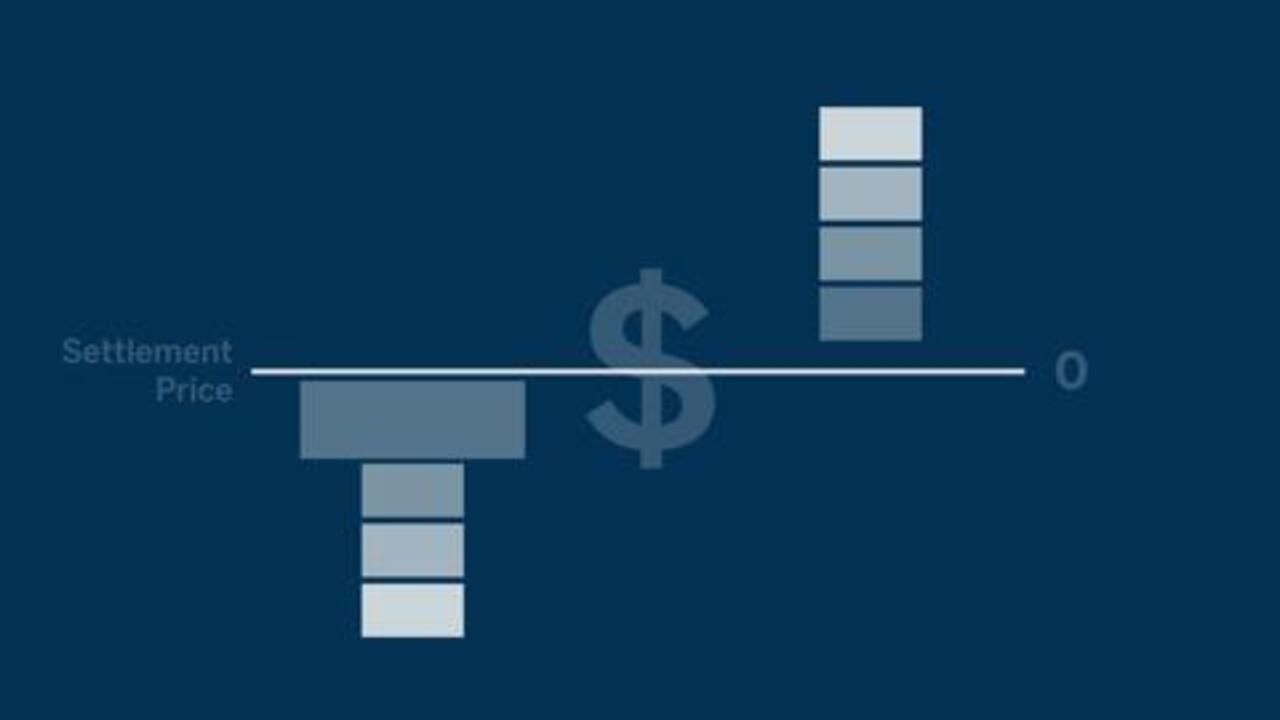

Finance
How To Get Approved For Your First Credit Card
Modified: February 21, 2024
Learn how to get approved for your first credit card with these helpful finance tips. Start building your credit today!
(Many of the links in this article redirect to a specific reviewed product. Your purchase of these products through affiliate links helps to generate commission for LiveWell, at no extra cost. Learn more)
Table of Contents
Introduction
Welcome to the world of credit cards! As you embark on your financial journey, getting approved for your first credit card is an important milestone. Whether you’re a young adult looking to build credit or someone looking to establish a solid financial foundation, understanding the process and taking the right steps is crucial.
Having a credit card offers numerous benefits, such as convenient payment options, cashback rewards, and the ability to build a positive credit history. However, it’s important to approach the application process with caution and responsibility. The key is to demonstrate to lenders that you are a reliable borrower and capable of managing credit responsibly.
In this article, we will guide you through the process of securing your first credit card approval. We’ll provide insights on how credit cards work, the importance of building a credit history, and ways to assess your financial situation. We’ll also share tips on researching credit card options, completing credit card applications, and what to do if your application is denied.
Getting approved for your first credit card is an exciting milestone, but it requires careful planning and consideration. By following the strategies outlined in this article, you can increase your chances of obtaining a credit card that aligns with your financial goals and aspirations. So let’s dive in and explore the essential steps towards securing your first credit card!
Understanding Credit Cards
Before diving into the world of credit card applications, it’s important to have a solid understanding of how credit cards work. A credit card is a financial tool that allows you to borrow money from a lender to make purchases. It is typically issued by a bank or financial institution and comes with a predetermined credit limit, which is the maximum amount you can charge to the card.
When you use a credit card, you are essentially borrowing money that you will need to repay. Credit card payments are typically due on a monthly basis, and if you don’t pay off your full balance, you will be charged interest on the remaining amount. It’s important to note that interest rates on credit cards can be high, so it’s advisable to pay off your balance in full each month to avoid accruing unnecessary debt.
In addition to the convenience of making purchases, credit cards offer other benefits. Many credit cards come with rewards programs that allow you to earn points, cashback, or travel miles for every dollar you spend. These rewards can be redeemed for various benefits, such as gift cards, travel bookings, or statement credits.
Another crucial aspect of credit cards is building credit history. Your credit history is a record of your borrowing and repayment activity, and it plays a significant role in your financial life. A positive credit history demonstrates your ability to manage credit responsibly, which can impact your ability to secure loans in the future, such as for a car or a mortgage.
Understanding how credit cards work and their impact on your financial life is essential before applying for your first credit card. It’s crucial to use credit cards as a financial tool rather than a means to accumulate debt. By maintaining responsible spending habits and making timely payments, you can harness the benefits of credit cards while building a strong credit foundation.
Building Credit History
Building a solid credit history is an important aspect of your financial journey, and your first credit card can play a significant role in establishing this foundation. Creditors and lenders use your credit history to assess your creditworthiness and determine whether to approve your applications for loans, mortgages, or even future credit cards.
Here are some key steps to help you build your credit history:
- Use your credit card responsibly: When you receive your first credit card, make sure to use it responsibly. Only charge what you can afford to repay, and aim to pay off your balance in full each month. This demonstrates your ability to manage credit and establishes a positive payment history.
- Make timely payments: Paying your credit card bill on time is crucial for building credit. Late payments can negatively impact your credit score and make it harder to secure future credit. Set up reminders or automatic payments to ensure you never miss a due date.
- Maintain a low credit utilization ratio: Your credit utilization ratio is the percentage of your credit limit that you are using. It is recommended to keep your credit utilization below 30% to maintain a good credit score. For example, if your credit limit is $1,000, try to keep your balance below $300.
- Diversify your credit: In addition to a credit card, having a mix of different types of credit accounts, such as a student loan or a car loan, can positively impact your credit score. This shows lenders that you can handle various types of credit responsibly.
- Monitor your credit report: Regularly check your credit report to ensure that all the information is accurate. Report any errors or discrepancies to the credit bureaus and have them corrected promptly. You are entitled to one free credit report per year from each of the three major credit bureaus.
Building credit history takes time, so it’s important to be patient and consistent with your credit habits. By using your first credit card responsibly and demonstrating good credit management practices, you can establish a strong credit foundation that will benefit you in the long run.
Assessing Your Financial Situation
Before applying for your first credit card, it’s essential to assess your financial situation to determine if you’re financially ready for the responsibility that comes with having a credit card. Here are some key factors to consider:
- Income and Expenses: Evaluate your income and expenses to ensure that you have a stable source of income to cover your credit card payments. Make a budget to understand your monthly cash flow and determine if you have enough disposable income to comfortably manage credit card payments.
- Debt-to-Income Ratio: Calculate your debt-to-income ratio, which is the percentage of your monthly income that goes towards debt payments. Aim to keep this ratio low to demonstrate to lenders that you have sufficient income to support new credit obligations.
- Emergency Fund: Set aside an emergency fund to cover unexpected expenses. It’s important to have a safety net in place to avoid relying on credit cards for emergency situations, which could lead to accumulating debt.
- Financial Goals: Consider your financial goals and whether a credit card aligns with them. If you’re saving for a specific purchase or working towards paying off existing debt, it may be best to delay applying for a credit card until you’re in a more stable financial position.
- Credit Readiness: Review your credit history and credit score to understand where you stand. If you have limited or no credit history, it’s important to start building it gradually with responsible credit card use.
Assessing your financial situation before applying for a credit card ensures that you’re financially prepared to take on this responsibility. It helps you avoid potential financial stress or accumulating unnecessary debt. By taking the time to evaluate your income, expenses, and overall financial goals, you can make an informed decision about whether now is the right time to apply for your first credit card.
Researching Credit Card Options
Once you have assessed your financial situation and determined that you’re ready for a credit card, it’s time to research the different credit card options available to you. With countless credit cards on the market, it’s essential to find one that aligns with your financial goals and lifestyle. Here are some factors to consider during your research:
- Interest Rates: Compare the interest rates offered by different credit cards. Look for cards with low or introductory interest rates, especially if you plan to carry a balance from month to month. However, remember that paying off your balance in full each month will help you avoid interest charges altogether.
- Fees: Consider the fees associated with the credit cards you are considering. Common fees include annual fees, late payment fees, and balance transfer fees. Look for cards with low or no fees, especially if you’re just starting to build your credit.
- Rewards and Benefits: Determine what type of rewards or benefits you’re interested in. Some cards offer cashback on certain categories of spending, while others provide travel rewards or discounts on specific purchases. Choose a card with rewards that match your spending habits and preferences.
- Credit Limit: Take note of the credit limits offered by different cards. Consider your spending patterns and ensure that the credit limit is sufficient for your needs. However, be cautious of high credit limits that might tempt you to overspend and potentially accumulate debt.
- Additional Features: Explore any additional features offered by the credit cards, such as fraud protection, purchase insurance, or extended warranty coverage. These features can provide added value and peace of mind when using your credit card.
When researching credit card options, it’s crucial to read the terms and conditions carefully. Pay attention to factors such as grace periods, penalty fees, and any potential changes to interest rates or rewards programs. Compare the features and benefits of several cards to ensure that you find the one that best suits your needs.
Online resources, comparison websites, and even talking to financial advisors can provide valuable insights into the different credit cards available and help you make an informed decision. Remember, choosing the right credit card is a personal decision, so take the time to research, compare, and find the card that fits your financial goals and lifestyle.
Applying for a Credit Card
Once you have researched and identified the credit card that best suits your needs, it’s time to proceed with the application process. Applying for a credit card requires careful attention to detail to ensure a smooth and successful application. Here are the key steps to follow:
- Gather necessary documents and information: Before starting the application, gather all the required documents and information. This typically includes your personal identification details, proof of income, and any other relevant financial information.
- Read and understand the application terms and conditions: Take the time to thoroughly read and understand the terms and conditions of the credit card application. Pay attention to interest rates, fees, rewards programs, and any other relevant details.
- Complete the application form: Fill out the credit card application form accurately and provide all the required information. Double-check your entries to ensure there are no mistakes or missing details that could delay the process.
- Review and submit the application: Take a final moment to review your application before submitting it. Ensure that all the information is correct and accurate. Once you are confident, submit the application through the provided channels, online or in-person.
- Wait for a decision: After submitting your application, it may take some time for the credit card issuer to review your application and make a decision. This can range from a few minutes for an instant decision to a few weeks for more complex applications.
- Sign and activate the card: If your application is approved, you will receive the credit card in the mail. Sign the back of the card and activate it as per the instructions provided. Once activated, you can start using your credit card.
During the application process, it’s important to be truthful and provide accurate information. Any false or misleading information can lead to your application being denied or even impact future credit opportunities. Additionally, once you have a credit card, use it responsibly and make timely payments to establish a positive credit history and maintain a good credit score.
If your application is declined, don’t get discouraged. Take the opportunity to understand the reasons for the denial, which may include factors such as limited credit history or high levels of existing debt. Use this feedback to improve your financial situation and reapply for a credit card when you’re in a better position.
By following these steps and being diligent throughout the application process, you can increase your chances of a successful credit card application and start building a strong credit history.
Tips for Getting Approved
Getting approved for your first credit card can sometimes feel like a challenging process, especially if you have limited credit history. To improve your chances of approval, here are some helpful tips to consider:
- Check your credit score: Before applying for a credit card, check your credit score to have an idea of where you stand. A good credit score increases your chances of approval, while a low score may require you to consider alternative options, such as secured credit cards.
- Apply for cards within your credit range: Research credit cards that are suitable for individuals with your credit score. Applying for cards that align with your credit range improves your likelihood of approval.
- Start with a student or secured credit card: If you’re a student or have limited credit history, consider applying for a student credit card or a secured credit card. These types of cards are designed for individuals who are building their credit and have higher approval rates.
- Pay off existing debts: If you have any outstanding debts, such as student loans or outstanding balances on other credit accounts, strive to pay them off or reduce them as much as possible. Having less debt improves your debt-to-income ratio and makes you a more attractive candidate for a credit card.
- Get a co-signer: If you’re having trouble getting approved on your own, consider asking a trusted family member or friend to co-sign the credit card application. A co-signer with a good credit history can increase your chances of approval.
- Provide accurate and complete information: When completing the credit card application, ensure that you provide accurate and complete information. Inaccurate or missing information can lead to delays or denials.
- Follow up on your application: If you haven’t heard back about your credit card application within a reasonable timeframe, don’t hesitate to contact the credit card issuer to check the status. Sometimes, a simple follow-up can expedite the process.
- Consider a store credit card: If you’re having difficulty getting approved for a traditional credit card, consider applying for a store credit card. Store credit cards are often easier to obtain, but remember to use them responsibly and pay off the balance each month.
Remember, getting approved for your first credit card takes time and careful consideration. By implementing these tips and maintaining responsible credit habits, you can increase your chances of approval and set yourself up for a successful credit journey.
What to Do if Your Application is Denied
If your application for a credit card is denied, don’t panic. It’s important to understand that there can be various reasons for the denial, and it doesn’t mean that you won’t be able to get a credit card in the future. Here are some steps you can take if your application is denied:
- Review the denial letter: The credit card issuer will typically provide a reason for the denial in a letter. Review the letter carefully to understand the specific reason(s) for the denial.
- Check your credit report: Obtain a copy of your credit report and review it for any errors or inaccuracies. If you find any, dispute them with the credit bureaus and have them corrected promptly. Inaccurate information on your credit report could be the reason for your denial.
- Contact the issuer: Reach out to the credit card issuer and ask for more information regarding the denial. They may be able to provide additional insights or offer suggestions on how to improve your chances of approval in the future.
- Build your credit: If your credit history is limited or if you have a low credit score, focus on building your credit before reapplying for a credit card. Make timely payments on existing debts, reduce your outstanding balances, and consider alternative options such as secured credit cards or becoming an authorized user on someone else’s credit card.
- Address the specific reasons for denial: If the denial letter provided specific reasons for the denial, take the necessary steps to address them. For example, if the denial was due to a high debt-to-income ratio, focus on paying down your debts to improve your ratio.
- Apply for a different type of card: If you were denied for a traditional credit card, consider applying for a secured credit card or a card specifically designed for individuals with limited credit history. These types of cards can help you build credit and improve your chances of approval.
- Give it some time: Sometimes, waiting for some time before reapplying can improve your chances of approval. Take the time to improve your credit profile, build a stronger credit history, and address any factors that led to the denial before submitting another application.
- Seek professional help if needed: If you’re struggling to improve your credit or understand the reasons for the denial, consider consulting with a credit counselor or financial advisor. They can provide guidance and help you navigate the credit journey.
Remember, a denial is not the end of the road. With perseverance and responsible credit management, you can improve your creditworthiness and increase your chances of approval in the future. Use the denial as a learning opportunity and take the necessary steps to address the issues that led to the denial. With time and dedication, you’ll be on your way to securing a credit card that fits your needs.
Using Your First Credit Card Responsibly
Now that you have been approved for your first credit card, it’s important to ensure that you use it responsibly. Building good credit habits from the start will set you on the path towards a healthy financial future. Here are some tips for using your first credit card responsibly:
- Create a budget: Establish a budget to track your income and expenses. This will help you keep your credit card spending in check and ensure that you can afford to pay off your balance each month.
- Pay your bill on time: Make it a priority to pay your credit card bill on time every month. Late payments can negatively impact your credit score and result in late payment fees. Set up reminders or automatic payments to avoid missing due dates.
- Pay your balance in full: Aim to pay off your credit card balance in full each month to avoid accruing interest charges. If you can’t pay the full balance, at least make more than the minimum payment to reduce interest costs.
- Keep your credit utilization low: Aim to keep your credit utilization ratio, which is the percentage of your available credit that you’re using, below 30%. This shows lenders that you’re using credit responsibly and not relying too heavily on credit.
- Avoid unnecessary debt: Be cautious about charging purchases that you can’t afford to pay off. Only use your credit card for planned expenses within your budget and avoid impulse purchases that can lead to unnecessary debt.
- Monitor your credit card activity: Regularly review your credit card statements to check for any unauthorized charges or errors. If you notice any discrepancies, report them to your credit card issuer immediately.
- Be mindful of your credit limit: Stay well below your credit limit to maintain a healthy credit utilization ratio. Maxing out your credit card or coming close to the limit can negatively impact your credit score.
- Think twice before opening multiple credit accounts: While it can be tempting to apply for multiple credit cards, especially with enticing offers, be cautious about opening too many accounts. It can be difficult to manage multiple credit cards and may be seen as a red flag by lenders.
- Regularly review your credit report: Check your credit report regularly to ensure that all the information is accurate. Monitoring your credit report allows you to identify any potential issues and address them promptly.
- Seek guidance when needed: If you’re unsure about any aspect of using your credit card responsibly, don’t hesitate to seek guidance from a financial advisor or credit counseling service. They can provide valuable insights and help you navigate the complexities of credit management.
By following these tips and practicing responsible credit card use, you’ll be able to build a positive credit history, maintain a good credit score, and reap the benefits of having a credit card. Remember, a credit card can be a valuable financial tool when used wisely, so make smart decisions and stay in control of your credit.
Conclusion
Obtaining your first credit card is an exciting milestone in your financial journey. It provides you with the opportunity to build a positive credit history, manage your finances responsibly, and unlock various benefits and rewards. By understanding credit cards, assessing your financial situation, researching credit card options, and applying with care, you can increase your chances of getting approved for your first credit card.
Once you have your credit card, it’s crucial to use it responsibly. Pay your bills on time, keep your credit utilization low, and avoid unnecessary debt. These habits will help you establish a strong credit foundation and open doors for future financial opportunities.
Remember to regularly review your credit report, monitor your credit card activity, and seek guidance when needed. Building and maintaining good credit is a lifelong journey, and by staying informed and proactive, you’ll be better equipped to navigate the complexities of credit management.
Lastly, be patient and persistent. If your application is denied, take the opportunity to learn from it, improve your financial situation, and consider alternative options. With time, responsible credit card use, and a commitment to financial well-being, you can build a solid credit profile and achieve your long-term goals.
So, take the knowledge and strategies outlined in this article and apply them to your own financial journey. Make informed decisions, use your credit card responsibly, and enjoy the benefits and rewards of being a responsible borrower. Here’s to your successful credit journey!


